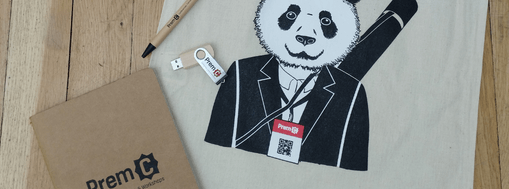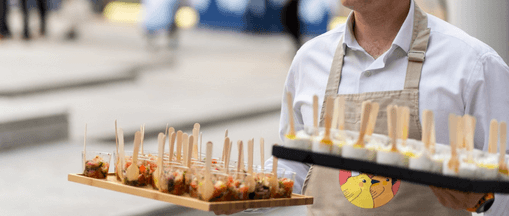CSR approach
Since its creation, PremC has always had an ecological approach at the heart of its thinking. We are aware that the events sector is polluting and resource intensive. This is why we are committed to reducing the environmental impact of the events we produce as much as possible.


Signs are displayed to explain the process and to raise awareness of the issue.


Also, in order to avoid food waste as much as possible, we ask participants to confirm their presence at all meals in order to make the best adjustments. The food that is not consumed is, as far as possible, redistributed to associations and/or the homeless.



Signs are displayed to explain the process and to raise awareness of the issue.

Also, in order to avoid food waste as much as possible, we ask participants to confirm their presence at all meals in order to make the best adjustments. The food that is not consumed is, as far as possible, redistributed to associations and/or the homeless.
A greener event
Opting for a hybrid event, which will only bring together local participants at the venue, will allow you to greatly reduce your ecological impact, whether it be your carbon footprint or your waste production. Indeed, if we consider only the CO2 emissions produced by the plane journey of a participant travelling in economy class from Paris to an event in Berlin, his return journey would produce 389 kg of CO2, which corresponds to 21 days of gas heating for a 50 m2 flat or 3 million litres of tap water. Add up all the plane/train/car journeys you would save compared to a video conference which produces about 1.5 kg of CO2 per hour.
